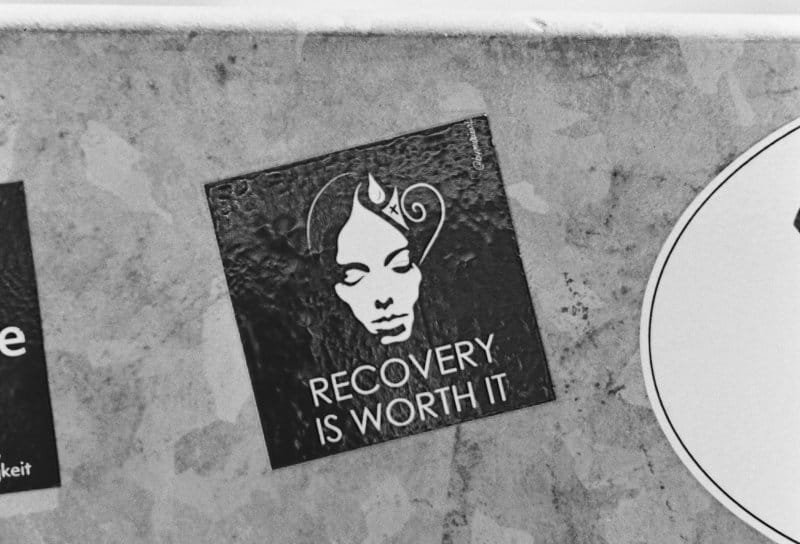Complex PTSD and Addiction Recovery: Understanding the Limitations of Traditional Methods
Addiction is a complex issue that is often misunderstood. It is not just a personal failing or weakness, but rather a symptom of deeper emotional issues, particularly post-traumatic stress. When individuals with CPTSD experience trauma, it can leave emotional residue that fuels addiction, causing them to turn to substances or behaviors as a means of numbing or dissociating from the pain.
The Limitations of Overcoming Addiction for those with Complex PTSD
Traditional approaches to addiction recovery focus on overcoming the addiction itself. However, this method may not be effective for those with CPTSD. When you focus on addiction, and when you make a problem out of addiction, you’re actually feeding more energy into addiction. This creates duality in the mind and friction, which in turn feeds energy into the addiction.
When you focus on addiction, and when you make a problem out of addiction, you’re actually feeding more energy into addiction.
Asking the Right Questions: Why is there addiction?
To truly overcome addiction, it’s important to understand why there is addiction in the first place. Why am I addicted? Why do I have a need to channel my energy into addiction to pacify myself? For individuals with CPTSD, the answer may lie in the emotional layers that push them into addiction, such as feeling overwhelmed by a particular trauma, being stuck in a certain situation like a relationship or work environment that they’re not happy with, or living in a dysfunctional family.
CPTSD and the emotional layers that push into addiction
Complex PTSD and addiction recovery require a different approach than traditional methods. It is important to address the underlying emotional issues that give rise to the addiction, in order to achieve lasting recovery. A trauma-informed approach to addiction treatment recognizes the connection between Complex PTSD and addiction, and addresses the underlying emotional causes in order to achieve lasting recovery.
The Importance of Trauma-Informed Approach for Complex PTSD and Addiction Recovery
In conclusion, addiction is a symptom of deeper emotional issues, particularly post-traumatic stress and CPTSD. Traditional methods of addiction recovery may not be effective for individuals with CPTSD. To truly overcome addiction, it’s important to understand why there is addiction in the first place and address the underlying emotional issues that give rise to the addiction. A trauma-informed approach to addiction treatment that addresses both Complex PTSD and addiction is the key to lasting recovery.
Would you want to have more resilience, so you can live a normal life without feeling further overwhelmed?
When you can honestly ask yourself that question, you will eventually feel that there are emotional layers that pushes you into addiction. Then you can start to address those emotional issues that give rise to the addiction, be it feeling overwhelmed by a particular trauma, being stuck in a certain situation like a relationship or work environment that you’re not happy with, or living in a dysfunctional family.
All of these situations might give rise to addiction, but addiction is never the real core problem. It’s a result of something else that lies on a deeper level.
- Do you want to reduce anxiety, hyper-vigilance, and being “ON” alert constantly?
- Do you want to move out of a dissociated, fatigued and depressed state?
- Do you want to work with anger and reestablishing boundaries?
- Are you interested in sleeping better, having better relationships, and being able to live a normal life?

